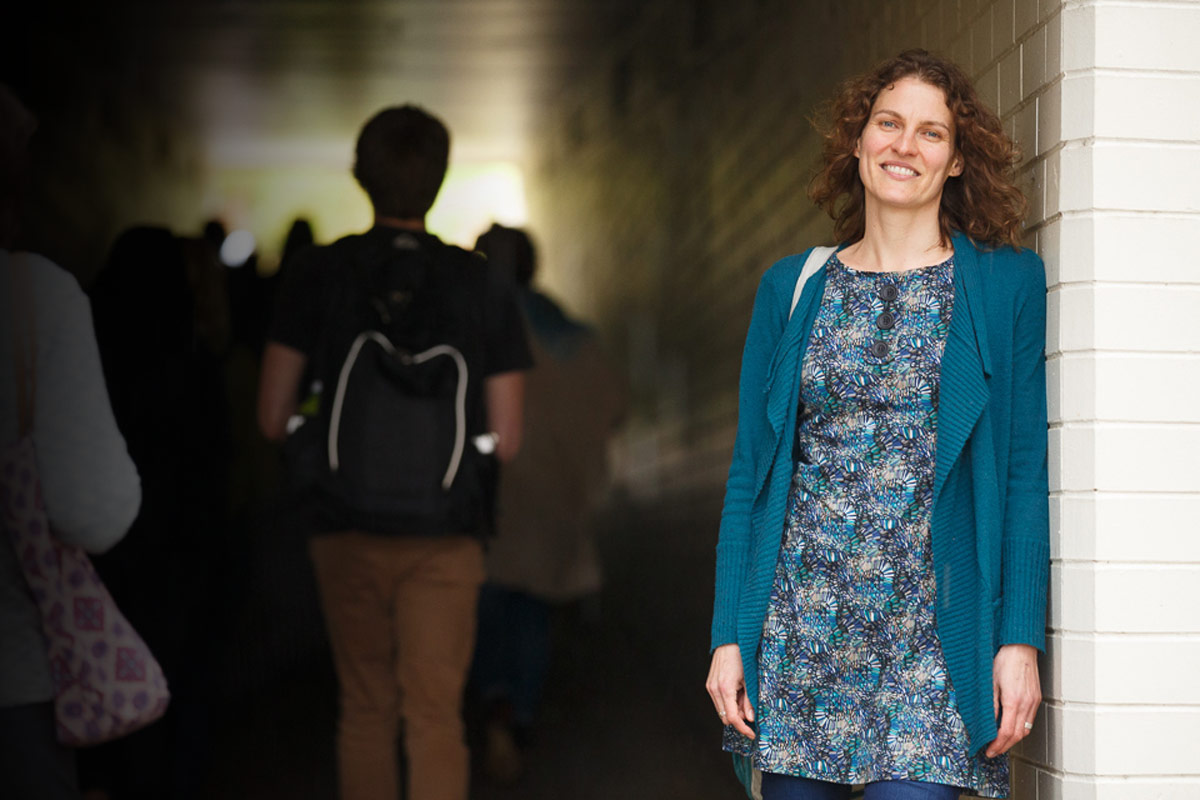
Many new arrivals to Australia find securing a house difficult and have ongoing problems with their housing once they do, Flinders University researchers say.
Housing issues faced by refugees and asylum seekers in Adelaide can have a negative effect on health and wellbeing and make settling into a new country much harder, according to a new report from the Southgate Institute for Health, Society and Equity at Flinders University.
Key barriers to finding housing included cost, practical difficulties getting to open inspections (e.g. transport issues), lacking Australian references and finding suitable housing for family size and composition.
“While finding housing can be difficult for anyone, refugees and asylum seekers can have a particularly negative experience,” says the study’s leader, ARC Future Fellow Associate Professor Anna Ziersch.
“These experiences come as people are also trying to find work, settle their children into school, learn a new language and culture, and often deal with trauma and loss.”
More than 80% of people in the survey felt that their housing affected their health and wellbeing and housing experiences had an impact on both mental and physical health.
While some people had successfully navigated the complexities of the housing market to secure housing, three-quarters of respondents had experienced a problem with their current house.
Once in housing, ongoing issues that people experienced included cost, size and layout, poor housing condition and a lack of heating and cooling, and safety – a particularly important aspect for people who may have experienced trauma.
The study, funded by the Australian Research Council (ARC) and conducted in partnership with Anglicare SA, the Australian Refugee Association, Baptist Care SA and Shelter SA, involved surveys with more than 420 people, interviews with more than 60 asylum seekers and refugees, as well as a full range of service providers.
It found a number of things that were working well to support refugees and asylum seekers in the community. These included:
- Support from service providers to transition to the private rental market after initial settlement services finished,
- Voluntary and non-government organisations help in providing referee letters and financial assistance, and
- Sympathetic real estate agents who recognised refugees and asylum seekers as reliable and house-proud tenants.

“Also important was the strong support amongst refugees and asylum seekers themselves through assisting one another to find housing,” adds the project manager Dr Clemence Due.
“We found that community support played a key role in helping people find housing and so those networks are really valuable to refugees and asylum seekers newly arrived in the state”
After consultation with a range of service providers and refugees and asylum seekers themselves a range of other supports were highlighted as being needed.
These included:
- Efforts to improve housing affordability, such as increasing welfare entitlements, and broadening eligibility for social housing and rental assistance schemes.
- Greater assistance for both refugees and asylum seekers to secure and maintain housing, such as more private rental liaison officers and transport support to get to open inspections.
- Accessibility of translated tenancy materials and education in tenant rights and responsibilities.
- Cross-cultural and trauma-informed training and accreditation of real estate agents.
- Further assistance about home ownership.
‘Belonging begins at home: Housing, social inclusion and health and wellbeing for people from refugee and asylum-seeking backgrounds,’ by A. Ziersch, C. Due, M. Walsh and K. Arthurson (2017) Flinders Press, Adelaide.

